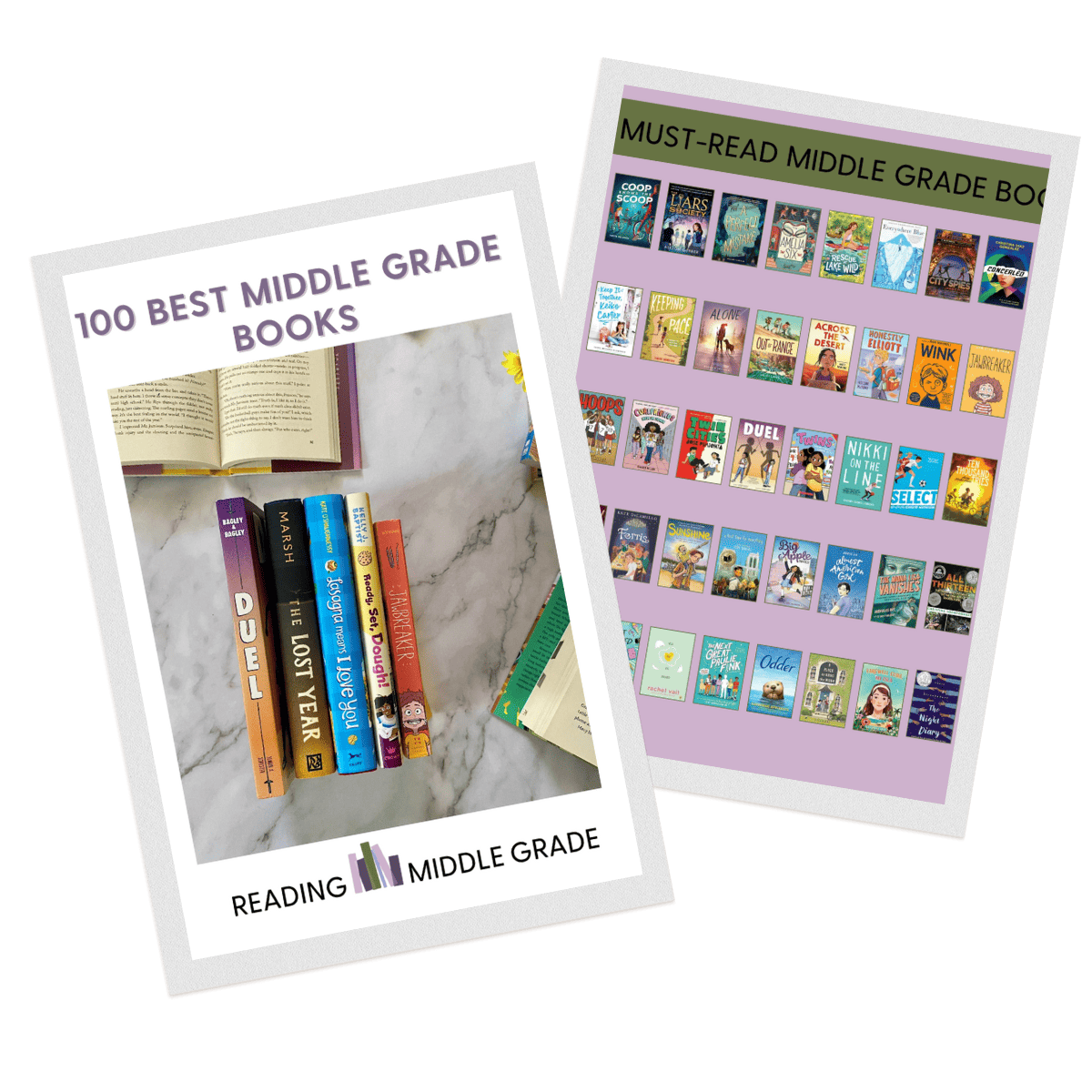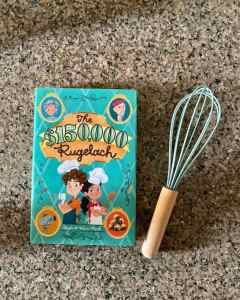If you’re new to freelancing, you no doubt have many questions — one of which is how to market yourself as a freelancer. Writer, proofreader, and editor, Joy Ehonwa has answers to your questions. With over five years of experience under her belt, she shares everything from when to take the plunge into full-time freelancing to why it’s important to market yourself as a freelancer, and more. Happy reading!
Tell us what you do for a living and how long you’ve been working as a writer & editor?
I write, and offer editing, proofreading, transcription and ghostwriting services. I’ve been working as a writer for nine years, an editor for five.
How did you end up becoming a freelance writer & editor? Is that something you always wanted to do?
I’ve been writing and correcting people’s spelling and grammar since I was in primary school, but I never thought I would do it for a living. Even when I emerged best student in English in my entire state with an A1 in the WASSCE, it never occurred to me. I wanted to study mass communication, but my parents wouldn’t let me go to Lagos or Nsukka; I was 16 and they couldn’t bear the thought of me being so far from Delta State. It had to be the nearby University of Benin, and they didn’t offer mass communication, so I ended up studying linguistics. Linguistics turned out to be fantastic training for me as an editor. It exposed me to the technical side of what was a natural gift for me: instead of just correcting a poorly constructed sentence, for instance, I now knew the rules of grammar that made it wrong in the first place. At every job I held after I graduated, I was the “office editor” because people almost immediately recognised my eye for detail and my linguistic skills. I couldn’t hide.
Did you ever work a 9-5? At what point did you realize that the 9-5 life was not for you; what convinced you?
I started working full time even before NYSC. After graduation I started working as an English-Pidgin English translator for the Nigerian Pidgin English Bible project at Logos Bible Translators Warri; the vision was for an audio bible but we had to translate in writing first. I did that before and after NYSC, and then I went into PR, spending two years at an agency where I wrote a lot of press releases and feature articles on behalf of various clients. After that I spent another two years as a documentary scriptwriter with Digitrack, an independent production company, and another year as senior writer at Stella Damasus Archives Productions. By this time I had realised I preferred to write to be read, not heard. Everything I wrote as a scriptwriter ended up as audio material laid over visuals. So I started writing articles using Facebook Notes, and then I started a blog. The feedback was encouraging.
I didn’t make a sudden switch from paid employment to freelancing. It happened gradually. When Connect Nigeria called for writers, someone sent me a message- this would not have happened if I hadn’t started putting my writing out there even while I still worked full time. I gave myself permission to be called a writer, and the doors opened up. Shortly after I started writing for Connect Nigeria, Poise Nigeria contacted me to write a book review column for their YED Magazine, a BusinessDay Newspaper insert. Then Chude Jideonwo contacted me to do the Ynaija Tinsel review – Tinsel was the hottest thing at the time – and I learnt a lot by comparing what I sent in with what he published after editing. Editing goes beyond spelling, grammar and fact checking, which were and still are my strong points. There’s so much to it, and I learnt from observing what my editors did to my articles.
All this time, I still had my job, and I was editing for friends and family free of charge. Then I read one of those books encouraging you to charge for whatever it is people keep asking you to do for free. So I did my research and started charging for editing and proofreading. I registered my business name, had business cards made, and started marketing aggressively. It was so profitable and enjoyable that after I had my first child I never went back to the office again. Coincidentally, the editor at Connect Nigeria was resigning, her assistant was to become the editor, and a new assistant editor was needed. They made me an offer and I accepted on the condition that I could work remotely and continue my freelance writing and editing. After three years off and on with Connect Nigeria, I had to resign and focus on my freelance work. I no longer have a 9-5 job, but I still write for Connect Nigeria freelance, and I am also a Sabinews.com contributor. However, the bulk of my freelance work is editing.
What was the response from your SO/parents/family?
I straddled both worlds for a while, so we all had time to ease into it. I continued with my job until my freelance work became as profitable as, then more profitable than my job, before I resigned. Even so, the unpredictable nature of freelancing means you can have half a dozen clients this month, and only one next month. Expecting a salary at the end of every month gives you a sense of security. As a freelancer you often have to sing for your supper. However, everyone could see that I was happier and more fulfilled as a freelance editor and writer, and the flexibility was great for my parenting too, so it was a trade-off everyone eventually embraced.
How long did it take you to establish yourself and what steps did you take to market yourself to potential clients?
It took me about a year. I attended events where I networked and let people know how my services could help them, and I also got so many referrals from my very first client that I feel blessed to have met her. Five years on, she still sends clients my way. Social media has also been invaluable, especially Facebook and Twitter. I started tweeting about my work using the hashtag #YouNeedAnEditor, and before long people started to mention me whenever someone tweeted about needing an editor. It’s largely been word of mouth and I’m very grateful for it.
[bctt tweet=”Networking as a freelancer is key. @JoyEhonwa: I attended events where I networked and let people know how my services could help them. ” username=”afomaumesi”]
What challenges did you face in the beginning and how did you cope? What challenges do you still face currently?
In the beginning, apart from the usual epileptic power supply and internet hassle, I struggled with setting my rates and charging what I was worth. I knew the value of my work, but I was very sentimental and loathe to turn any client down. So I accepted peanuts for a very long time. Eventually I had to seek counsel from senior editors, and learn to say no to clients who wanted to pay as little as they could get away with. I still face this challenge, but I’m getting better at handling it.
What do you love most about what you do? How have things changed for you since you started?
I love doing work that I enjoy. I also love the flexibility. I work harder than I did when I was an employee, but it’s on my own terms. Often I work late, sometimes till 2am in the morning, but I can also choose not to resume until noon. I’m free to plan my schedule in a way that suits me and I like that. Over the years I’ve grown in the area of time management, and I’m still growing in the area of niching down. In the beginning I would edit anything and write about anything as long as the money was coming in, but I’m getting better at sticking to my decision to write about what I know and love, and to edit what I enjoy editing.
Creative businesses are becoming quite popular in recent times. It feels like a lot of people want to become entrepreneurs. How do you deal with competition in your field? Is that something you struggle with?
I don’t have a problem with competition in my field. No two writers write the same way, so a client who wants me usually wants me. As an editor, I don’t struggle with competition either. I collaborate a lot and have gone out of my way to find other good editors to whom I can confidently pass on clients whenever I’m swamped.
What’s the biggest lesson freelancing/becoming a one man squad has taught you?
Every successful person either is, or has, a great salesperson. It’s not enough to have a good product or provide a great service. You must market effectively or you’ll starve.
[bctt tweet=”For freelancers: Every successful person either is, or has, a great salesperson. It’s not enough to have a good product or provide a great service. You must market effectively or you’ll starve.” username=””]
There’s always a bit of a money vs passion debate; what do you think should be the motivation for starting a creative business or in your case deciding to freelance? What was/is your motivation?
My motivation was and is freedom to do what I love in a way that suits me. I make less than I would have if I had chosen the corporate ladder route, but I’m more fulfilled. I don’t judge people who choose money, because money is important and sometimes you have to do what you have to do.
What would you say has been the worst time/experience so far in your journey as a freelance writer/editor in Nigeria?
Agreeing to edit a manuscript an undergraduate sent to me without scanning it first. In my naivety then, I simply billed according to the word count and started editing, only to realise it was a complete mess. She could neither spell nor punctuate, so some sentences would have multiple commas while others would run into each other without full stops. I had to rewrite the whole thing without charging for rewriting. I was traumatized, but I learnt valuable lessons.
If you had to choose three qualities anyone looking to create content as a freelancer needs to develop/have what would they be?
Enthusiasm, resilience and teachability.
How do you work through times when things are at a low? How do you get back up? How do you deal with criticism and bad feedback?
As a person of faith I know that God is the manager of my career, so the blue skies will always come back. I just hang in there, remind myself of the highs, and continue talking about my services. I learn from criticism even when it is painful, so I can improve and grow.
What sacrifices have you had to make to grow your ‘business’, if any?
Nothing out of the ordinary. Lots of other people give up leisure, sleep and certain luxuries to grow their businesses and careers, so I think that’s normal.
What has been your proudest achievement in your work so far and what would you like to achieve?
As an editor, it’s being able to impress my first client five years ago when I started freelance editing. I didn’t have as much experience as I do now, so I wasn’t confident, but I did it afraid and she still sings my praises to this day. As a writer, my proudest achievement is contributing to Pepper Soup, a collection of short stories edited by Timendu Aghahowa. What I would like to achieve is completing and publishing my own book.
What do you wish you knew about starting off as a freelancer in Nigeria before you started; what would you do differently? Do you think there’s enough support for content creators in Nigeria? What is one thing you think would be helpful?
I don’t think there’s enough support for content creators. One thing that would be helpful is Nigerian freelancers connecting with each other.
[bctt tweet=”One thing that would be helpful is Nigerian freelancers connecting with each other. – @JoyEhonwa” username=”afomaumesi”]
How did you figure out how best to price your services? That’s something a lot of business owners & content creators struggle with.
This was an incredible struggle! I asked questions of more experienced editors, I researched rates in other countries, but ultimately I learnt how to set my fees by actually doing the work and seeing how much time, effort and expertise went into it.
I read a lot of your work and I always wonder how you stay so prolific and yet create practical, unique content! So I have to ask this very cliche question: what inspires you? Do you ever get writers’ block?
I am inspired by life: people, places, stories, music, natural hair, faith, children, just life. I do get writers’ block, but what we call writers’ block is actually a sign that a writer is not out there living life and experiencing things. So when it happens I stop trying to write and go live life. Once I immerse myself in life, conversation and experiences, I find that I start writing in my head.
[bctt tweet=”What we call writers’ block is actually a sign that a writer is not out there living life and experiencing things. – @JoyEhonwa” username=””]
What are three things that are part of your morning ritual?
Worship music, exercise, and tea.
What three people in your field or not inspire you the most?
Caitlin Pyle of ProofreadAnywhere.com, Grammar Girl founder Mignon Fogarty, and the now departed novelist Maeve Binchy.
[bctt tweet=”My advice is, always be pitching and seize every opportunity to let people know how your services can help them; you never know where your next client will come from. – @JoyEhonwa” username=”afomaumesi”]
What do you love most about yourself as a self-employed creative i.e any personal qualities you feel have helped you excel? What advice would you give to anyone currently struggling to stay afloat/ just starting their business/contemplating content creation in Nigeria?
I love seeking information and asking questions. I don’t think anybody can survive without constantly learning; there is always something you don’t know and getting that knowledge can make a huge difference in your career. Read voraciously. Also, nobody can sell you like you, so my advice is, always be pitching and seize every opportunity to let people know how your services can help them; you never know where your next client will come from. Find out what makes you unique and build on it. Persevere.

@anafricandiva and @JoyEhonwa
















What do you think? Leave a comment